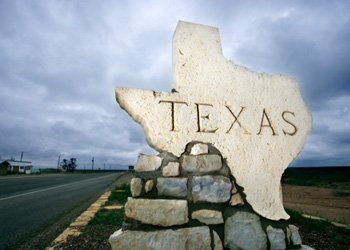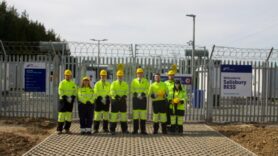The ‘fracking’ process which extracts shale gas from shale rock is unfairly criticised for environmental damage and gets unbalanced coverage in the media.
That’s according to a group of Texas-based university researchers in a report released yesterday.
Campaigners have been highly critical of the process, suggesting it is an untested method with an unknown environmental impact.
The Energy Institute at The University of Texas at Austin says it funded the study “to inject science into a highly charged emotional debate”.
The University researchers studied environmental and health effects linked to fracking in three large shale plays in America – one of which is in Texas.
These included groundwater contamination, which has been the biggest focus for anti-fracking groups, as well as the toxicity of hydraulic fracturing fluids, atmospheric emissions and drilling waste disposal.
They found no evidence of aquifer contamination from hydraulic fracturing chemicals in the subsurface by fracking and saw no leakage from fracking deeper underground.
Instead, many related problems were actually common to all oil and gas drilling operations, such as casing failures or poor cement jobs, said researchers.
Charles ‘Chip’ Groat, an Energy Institute associate director who led the project said: “These problems are not unique to hydraulic fracturing.”
The study also found media coverage of shale gas disproportionately weighted: roughly two-thirds of stories it examined showed fracking in a “negative” light.
On top of this, the scientists say less than 20% of newspaper articles on hydraulic fracturing mentioned scientific research.
Mr Groat added: “Our goal was to provide policymakers a foundation for developing sensible regulations that ensure responsible shale gas development. What we’ve tried to do is separate fact from fiction.”





